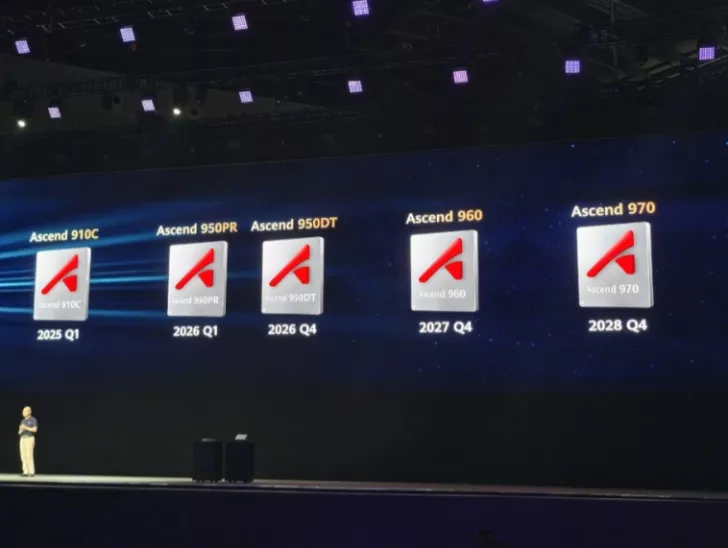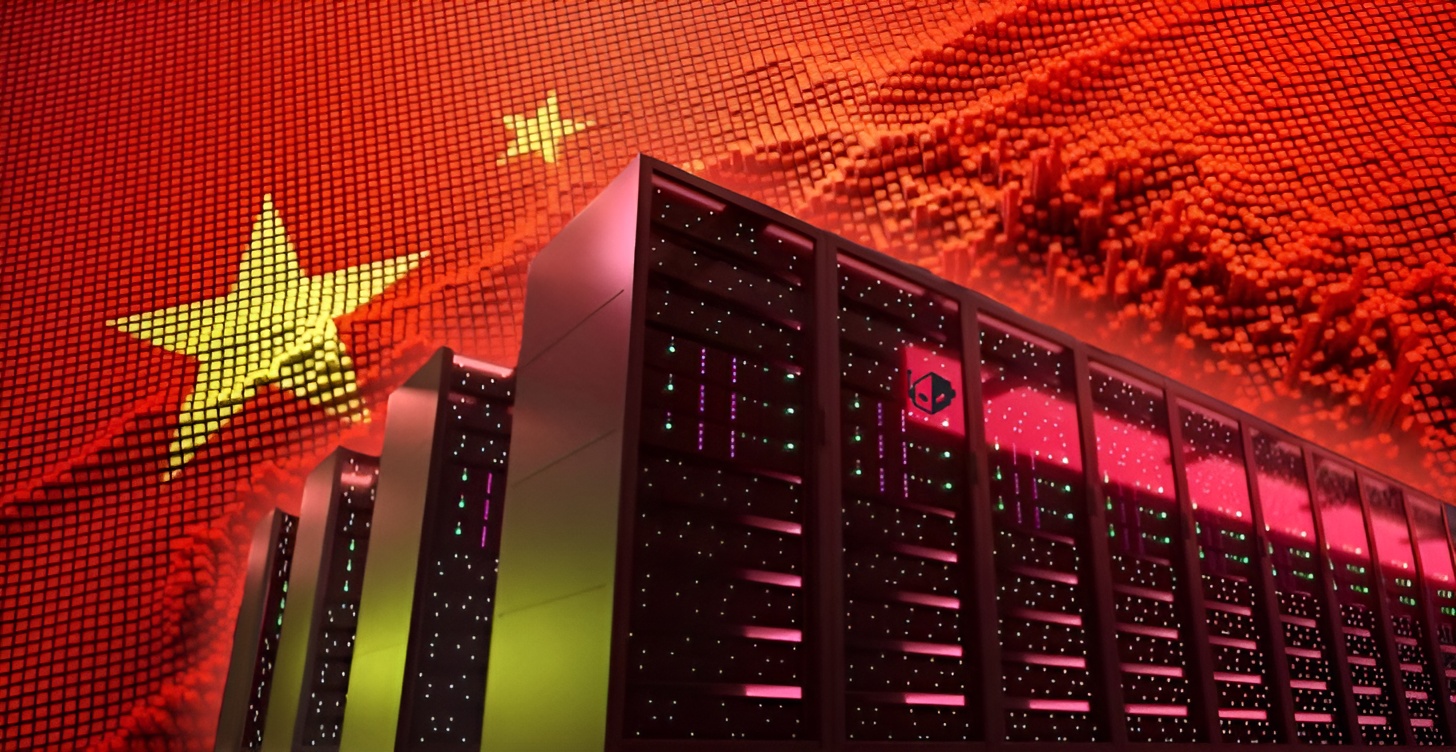China is taking significant steps to support its domestic AI chip industry by offering energy incentives. As the country distances itself from foreign technology, particularly NVIDIA’s AI chips, Chinese companies are leaning heavily on homegrown solutions. However, these domestic options are less power efficient, prompting the government to step in with incentives to alleviate rising electricity costs.
Electricity Incentives for AI Chip Adoption
Chinese AI chips are reportedly 30% to 50% less power efficient than NVIDIA’s H20 AI chip, leading to expensive electricity bills. To counter this, local governments in data-heavy regions like Gansu, Guizhou, and Inner Mongolia have implemented subsidies that can reduce electricity costs for data centers by up to 50%. These incentives are only available to those using domestic chips, excluding foreign products like those from NVIDIA.
Local governments in data centre-heavy provinces such as Gansu, Guizhou and Inner Mongolia have responded by offering subsidies that slash big data centres’ electricity bills by as much as 50 per cent, provided that they are powered by domestic chips.
Data centres using chips from foreign vendors such as Nvidia are not qualified for such entitlements, the people said.
Domestic Solutions and Future Challenges
Companies like Huawei aim to compete with NVIDIA by increasing power consumption or clustering thousands of AI chips for enhanced performance. China’s energy infrastructure supports these domestic systems, and with the incentives in place, reliance on local manufacturers like Huawei is expected to grow. Despite these measures, the Chinese AI industry faces the challenge of matching the high-end capabilities of foreign technology, a process predicted to take years. This transition includes developing advanced production lines for semiconductors and packaging.

China’s decision to maintain a distance from American technology might limit the industry’s access to cutting-edge computing capabilities, emphasizing the need for domestic advancement in AI technology.
